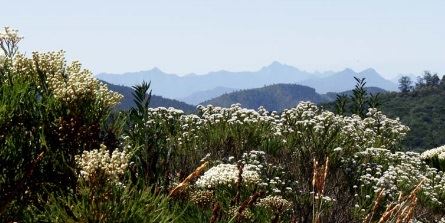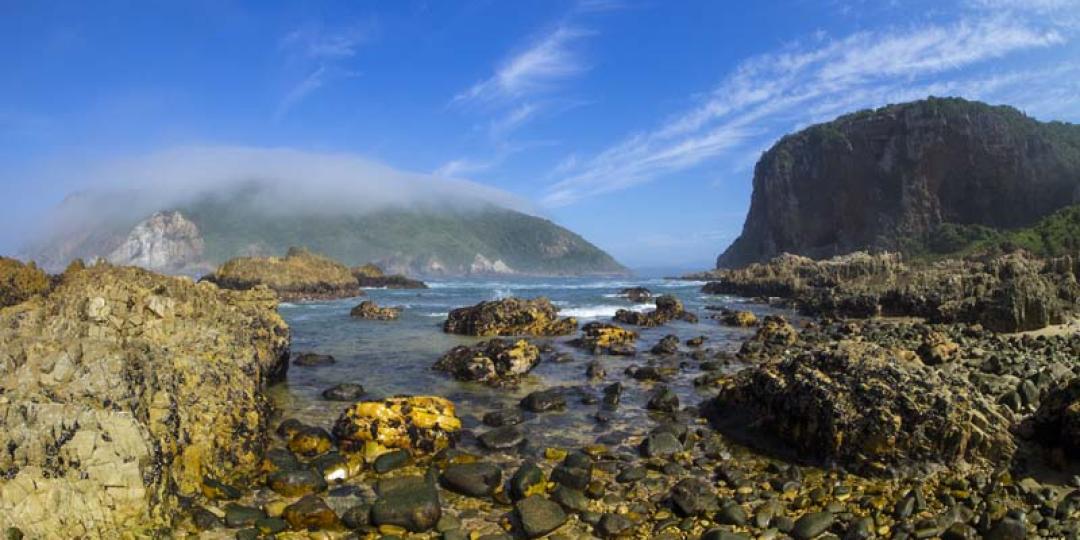Update, October 4: Featherbed Private Nature Reserve has had to move its opening day to November 1, due to heavy rainfall over the last few weeks. All affected bookings will be accommodated on alternative packages. Those affected will be contacted by the reserve.
The Featherbed Private Nature Reserve in Knysna will reopen on October 15, following damage caused by fires last year.
Around 95% of the vegetation at Featherbed was destroyed in June 2017, as well as the restaurant facilities. The reserve has since focused on restoring the vegetation of the region. Nicole Tunmer, Business Development Manager at the reserve told Tourism Update: “The good news is that the fires didn't completely burn the seedbed (the stock of seed that was in the soil). This had two positive effects: it meant that the fynbos and indigenous pioneer species were able to germinate in the months following the fires, and it meant that the invasive alien plants – and particularly the rooikrans (Acacia cyclops) – germinated at an amazing rate, too. The reason this is a positive, is because it has allowed us to get in with teams of workers, and physically pull the seedlings out by hand while they were still small enough.” This means that, ecologically, the indigenous fynbos of the area has been able to regenerate itself without any unwanted competition.

Credit: Featherbed Co.
“As it is, we have already positively identified well over 200 species of plants over the past nine months, and we fully expect that this figure will double as we continue to catalogue the plants as they emerge during the coming spring,” said Tunmer.
A lot of the famous milkwoods, candlewoods and dune olives have sprouted from their burnt bases, regenerating despite the damage. Featherbed, along with volunteers from non-governmental organization, Greenpop, has planted around 800 trees and 1 600 saplings.
Tunmer added: “As tragic and distressing as it was, the fire has proved a boon for the biodiversity of the reserve. In the past nine months we’ve spotted many species of birds, seen steenbok and bushbuck, and picked up fresh porcupine quills. And the bugs! We’ve seen the most amazing array of bugs, and – most exciting of all – about a month ago we began to see that the bees had begun to return.”
Infrastructure at the reserve is almost complete and the reserve has been able to improve on the previous facilities. “We have always felt the need to upgrade our facilities but were never able to close the eco-tour for a period of time. This has given us the opportunity to work from a clean slate and rebuild our product, eliminating the negatives some of our facilities previously prevented.” The eco-tour had been running for 35 years prior to the fires.
New facilities include the Oyster Bar, offering gin and craft beer tastings, a new indoor Milkwood Restaurant and a rooftop bar.
The eco-tours will run as normal after the reopening. Bookings are open. Tunmer concluded: “We are truly grateful to all our loyal DMCs for their unconditional support and understanding during this challenging time.”























